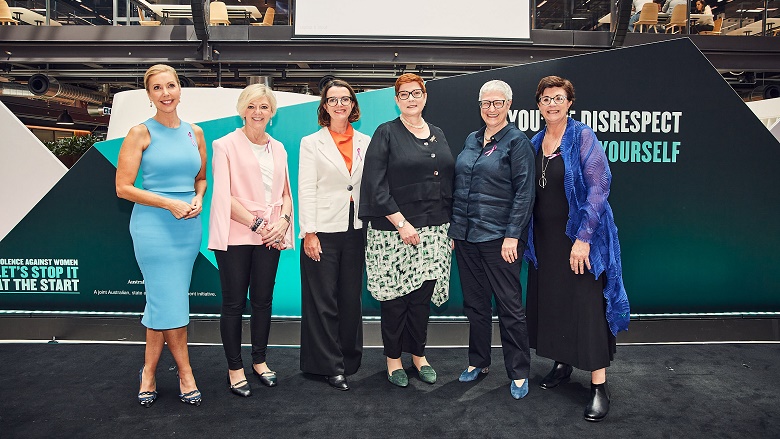A new report, produced by UNSW’s Gendered Violence Research Network in partnership with Commonwealth Bank, has identified the need for financial institutions to provide culturally appropriate support for Indigenous Australians who are impacted by financial and economic abuse.
The paper, titled ‘Understanding Economic and Financial Abuse in First Nations Communities’ and authored by Professor Jan Breckenridge, Co-Convenor UNSW Gendered Violence Research Network, is the second in a six-part series planned under the partnership. Each report in the series is based on a comprehensive review of academic and relevant policy literature to create a compendium of current evidence on financial abuse.
In acknowledging the prevalence of financial and economic abuse in First Nations communities, the report found First Nations communities nationally and internationally may be at greater risk due to factors such as cultural expectations surrounding shared wealth and financial management, and caregiving roles in families. Additional factors including economic hardship and systematic disadvantage were also identified as contributing to the higher risk.
Looking at the role financial institutions can play in helping address the issue, the report highlighted the importance of understanding First Nations cultures when responding to abuse, particularly with regards to financial literacy programs and providing financial help that is aligned with cultural values.
Commonwealth Bank’s Group Executive Human Resources, Sian Lewis, said: “Financial and economic abuse can affect anyone, but this report shows Indigenous peoples impacted by this issue may face unique challenges and barriers that require targeted and culturally-informed responses. As part of our Elevate Reconciliation Action Plan (RAP) we provide culturally aligned banking support and services for our Indigenous customers, but the report highlights the need to continue to work collaboratively with Aboriginal and Torres Strait Islander people so that we can extend support to our Indigenous customers impacted by financial and economic abuse.”




